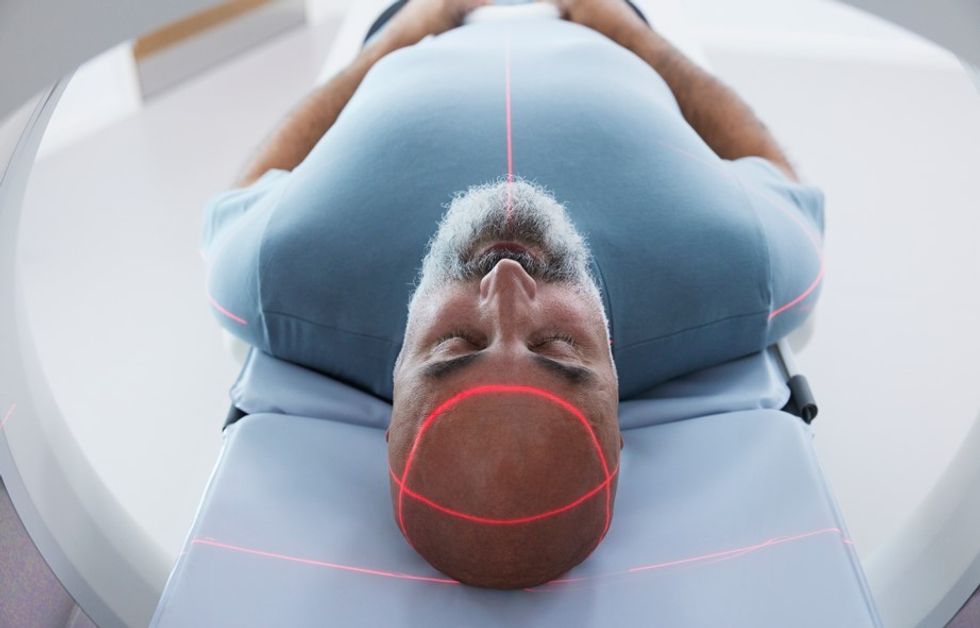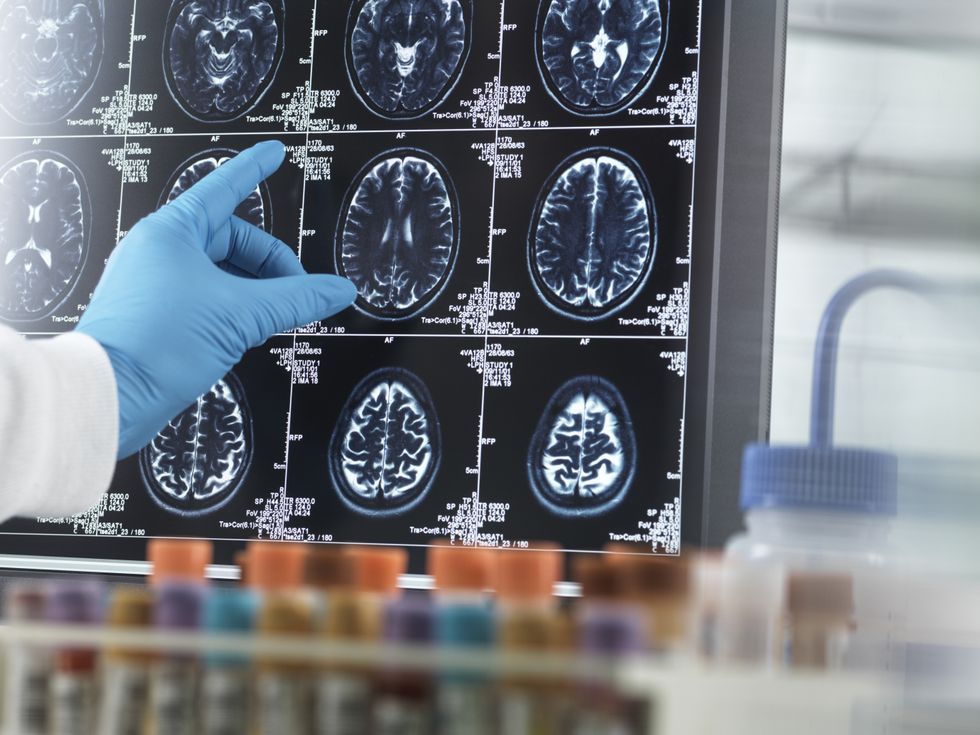5 lifestyle habits make the brain 'resilient' against dementia
GBN
A condition that compromises people's heartbeats could pose hidden risks for the brain
Don't Miss
Most Read
Trending on GB News
New research reveals that atrial fibrillation significantly increases the risk of developing dementia, particularly in younger patients.
The findings, presented at the European Heart Rhythm Association (EHRA) 2025 scientific congress, show that patients diagnosed with atrial fibrillation before age 70 face a 21 per cent higher risk of dementia.
For early-onset dementia, diagnosed before age 65, the risk jumps to 36 per cent.
The heart condition, which causes an irregular or abnormally fast heartbeat, currently affects one in 45 people in the UK (around 1.5 million), according to the British Heart Foundation.

Age significantly affected the relationship between atrial fibrillation and dementia
GETTYResearchers analysed data from 2,520,839 individuals in Catalonia, Spain, who were at least 45 years old in 2007 with no prior dementia diagnosis.
The average follow-up period was 13 years, with 79,820 patients (3.25 per cent) having atrial fibrillation at baseline.
The study found that age significantly affected the relationship between atrial fibrillation and dementia.
In patients aged 45-50, those with atrial fibrillation were 3.3 times more likely to develop dementia than those without.
However, this association progressively weakened with increasing age, becoming statistically insignificant from age 70 onwards.
The strongest effect was observed for early-onset dementia, with a 36 per cent increased risk.
"This is the largest European population-based study evaluating the association between AF and dementia," said the researchers from Bellvitge University Hospital in Barcelona.
"The association between AF and dementia was stronger in patients under 70 and was maximal for early-onset dementia."
LATEST DEVELOPMENTS

The association between AF and dementia was stronger in patients under 70
GETTY
Atrial fibrillation affects two to three per cent of the general population, with prevalence rising with age.
The researchers conducted sensitivity analyses that excluded stroke cases, yet still found similar results.
Atrial fibrillation was associated with a six per cent increased dementia risk overall, rising to 23 per cent in those diagnosed before age 70. For early-onset dementia, the risk increased by 52 per cent even without a prior stroke.
"The observation that the association remains unchanged after excluding patients with prior stroke indicates that other mechanisms must be involved," the authors noted.
The researchers suggested several potential mechanisms connecting atrial fibrillation and dementia, including silent strokes, microinfarcts, and microbleeds.








